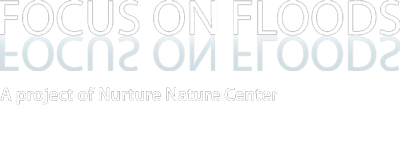This ethnographic study discusses the situation of a town that was affected by a flash flood in England prior to the impact, during the impact, and post-impact (recovery). The cyclone-induced flash flood was not warned for and thus people made spontaneous decisions to climb to the roof of their homes or porches to avoid the floodwaters. The lack of warning was blamed on the organization of flood detection systems as well as the time it took the police to begin warning the public. Because the primary decision maker in this town failed to make a decision in time, he also became trapped by the flood waters. Post- impact, as people returned to their homes for recovery, tensions grew within the community because of a lack of morale and public support. The article provides no conclusions or recommendations and it reads more so like a documentary.
